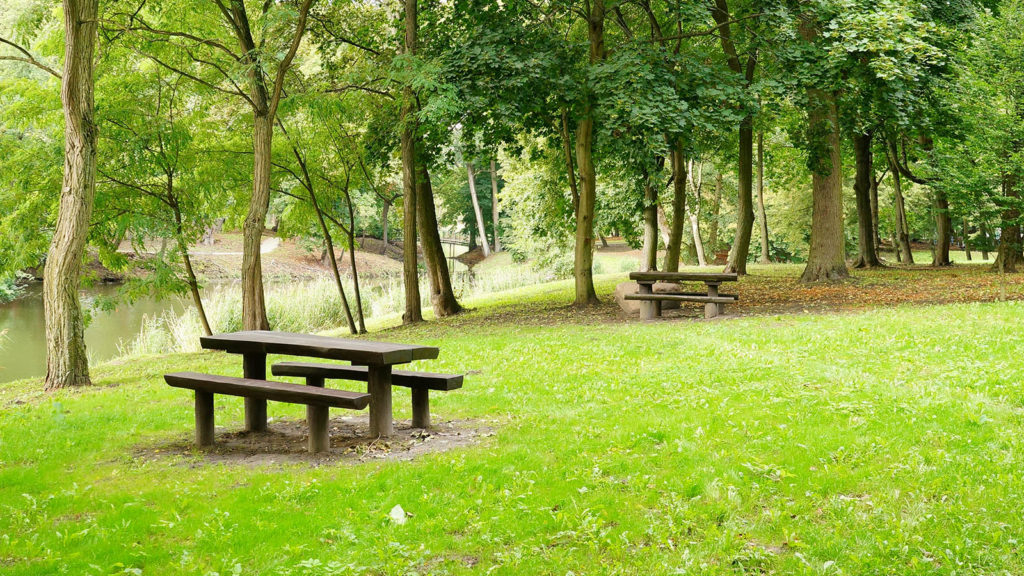

Where people live is one of the greatest determinants of public health: Is there clean air and water? Are there green spaces nearby? Are there medical facilities and grocery stores within easy reach? Emerging research has looked particularly at whether people live within easy access to health-beneficial locations, such as parks, doctors' offices, and grocery stores. But calculating proximity "access" distances between hundreds of thousands of population points and the locations of interest is computationally intensive and costly using commercial network analyst products. In this project, researchers at the Boston University School of Public Health, worked with BU IS&T to develop an open-source computational infrastructure to enable calculations of walking and driving route "service areas" in a collaborative, scalable computing environment.